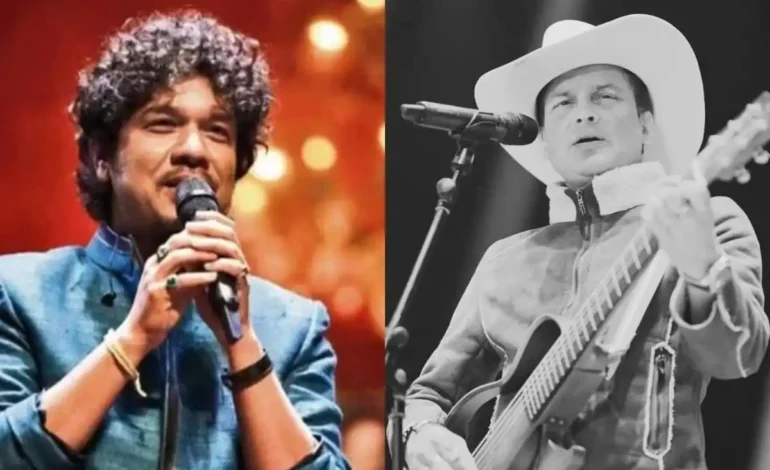
In Kamarkuchi, a quiet village on the outskirts of Guwahati where Assamese music legend Zubeen Garg was cremated with full state honours on September 23, a deep sense of mourning still lingers in the air. The site, draped with garlands, photographs, and traditional gamosas, has transformed into a place of homage for thousands of fans.
Last Sunday, a young volunteer from Nagaon paused briefly to speak to a local television crew. His voice faltered with emotion as prayers echoed in the background. I have come here voluntarily and will continue to serve visitors here for as long as I can, he said, wiping the sweat off his face. His words captured the devotion of many who continue to visit the site daily.
Among the mourners were groups of women volunteers, their hands clapping rhythmically as they sang devotional songs dedicated to the late singer, as if invoking his spirit. Nearby, musicians played one of Garg’s beloved classics, Mayabini Ratir Bukut (In the heart of a magical night), their voices joined by hundreds of fans singing in unison.
Even a month after Garg’s untimely death at age 52, following a drowning accident in Singapore, Kamarkuchi remains crowded with visitors. From elderly admirers to young fans, people from across Assam irrespective of faith or background continue to arrive to pay their respects to the man hailed as the soul of Assamese music.
Also Read:
Dr. Sofica Bistriceanu’s Journey as a Multifaceted Expert
Delivering Effective Legal Assistance in the UAE with InTrouble: Alexander Kopenkin









